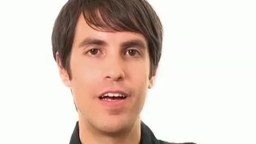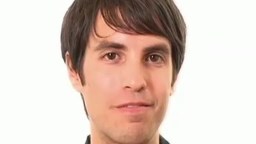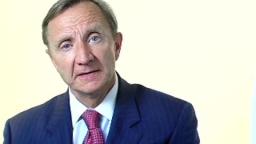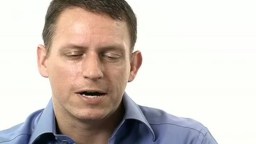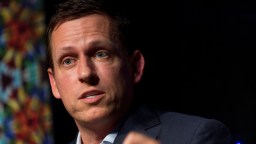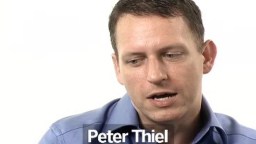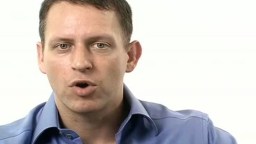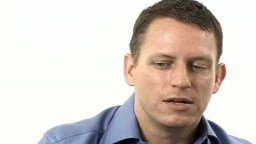
Latest Videos
All Stories
Judge Richard Posner on the future of the Roberts court.
▸
5 min
—
with
Judge Posner talks about the difference between judges at the Circuit level and the Supreme Court when it comes to public opinion influencing decision.
▸
3 min
—
with
Judge Posner talks about the uncertainty of American law and why this means that Judges can’t always makes cost-benefit analysis. He goes on to talk about his ideological development and […]
▸
8 min
—
with
Judge Posner first talks about his academic work. He goes on to tell us how he determines verdicts, the rationality of arguments and if he ever looks back at past […]
▸
5 min
—
with
Posner talks about growing up in New York City during World War II.
▸
3 min
—
with
Rojas talks about moving from California to New York, starting Gizmodo and Engadget and finding his voice as a blogger.
▸
8 min
—
with
Rojas talks about the evolution of his career, and using his interests in technology as the basis for his work with Engadget.
▸
5 min
—
with
Cizik would interview scientist and writer Edward O. Wilson about the future of the environment
▸
1 min
—
with
Climate change is considered by some polls to be one of the top tier domestic issues in the 2008 election.
▸
1 min
—
with
Although there are individual actions we must take to change the way we live, we cannot change the reality global warming without federal legislation.
▸
4 min
—
with
Everything matters, and everything matters to God.
▸
3 min
—
with
Evangelicals have collaborated with people who differ on issues before, and that sort of tolerance is needed now.
▸
2 min
—
with
Why shouldn’t creation care, which is Gods command, be just as important as other issues today?
▸
8 min
—
with
As a lifelong Republican, Richard Cizik believes the Republican party ought to pay attention to the science of climate change.
▸
2 min
—
with
If you put corporate America first, then you abnegate God’s admonition to protect the earth.
▸
2 min
—
with
Science can be an ally rather than an enemy, yet there are tens of millions of evangelicals who don’t see it that way.
▸
4 min
—
with
When confronted with the scientific proof climate change and global warming in particular for the entire planet, Richard Cizik was virtually knocked off his feet.
▸
6 min
—
with
How can we be moral human beings and not take action about the way we live and relate to planet earth?
▸
2 min
—
with
Richard Cizik is optimistic that the next President of the United States will be a green candidate.
▸
4 min
—
with
Although there are individual actions we must take to change the way we live, we cannot change the reality global warming without federal legislation.
▸
1 min
—
with
American myopia confines our attention to what occurs here in the continental United States at the expense of what occurs around the world.
▸
4 min
—
with
Richard Cizik persuades conservative Republicans, which by and large most evangelicals are, that the very fate of the planet is at stake.
▸
6 min
—
with
The Bible is Richard Cizik’s authoritative basis for life and conduct.
▸
3 min
—
with
Cizik is the Vice President for Governmental Affairs of the National Association of Evangelicals.
▸
3 min
—
with
What can be done that makes sense in the broad context of this extraordinary world in the next 20, 30, 40 years?
▸
1 min
—
with
Invest in people; it’s too hard to figure out big picture thematic things about what technology is going to be.
▸
3 min
—
with
Although people’s lives become more transparent, there is more transparency into the government or into other institutions as well.
▸
3 min
—
with
Although here are elements of technology that are actually centralizing, essentially technology is decentralizing society.
▸
5 min
—
with
There’s a lot of potential for both very good and very bad things in people.
▸
3 min
—
with





